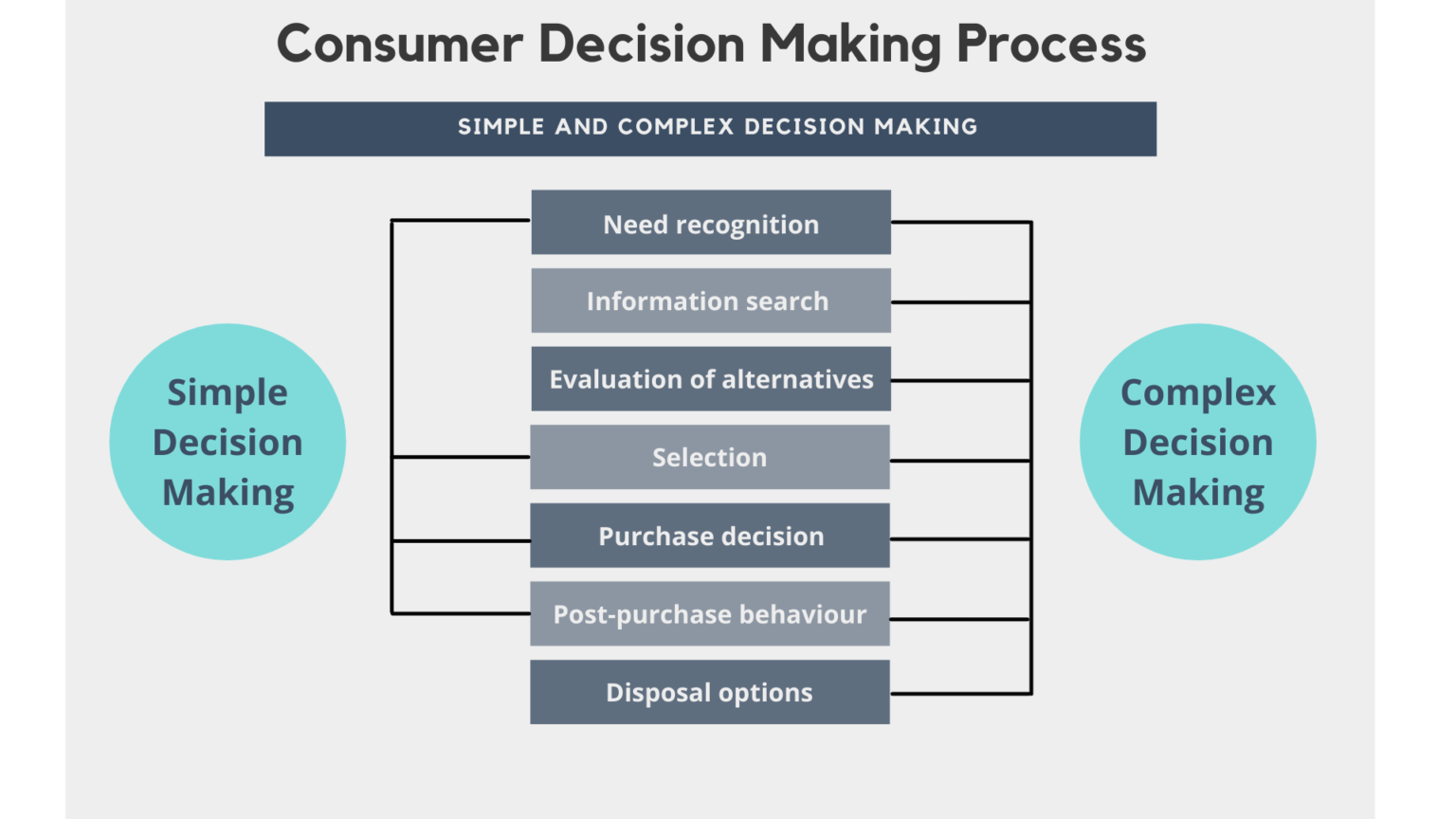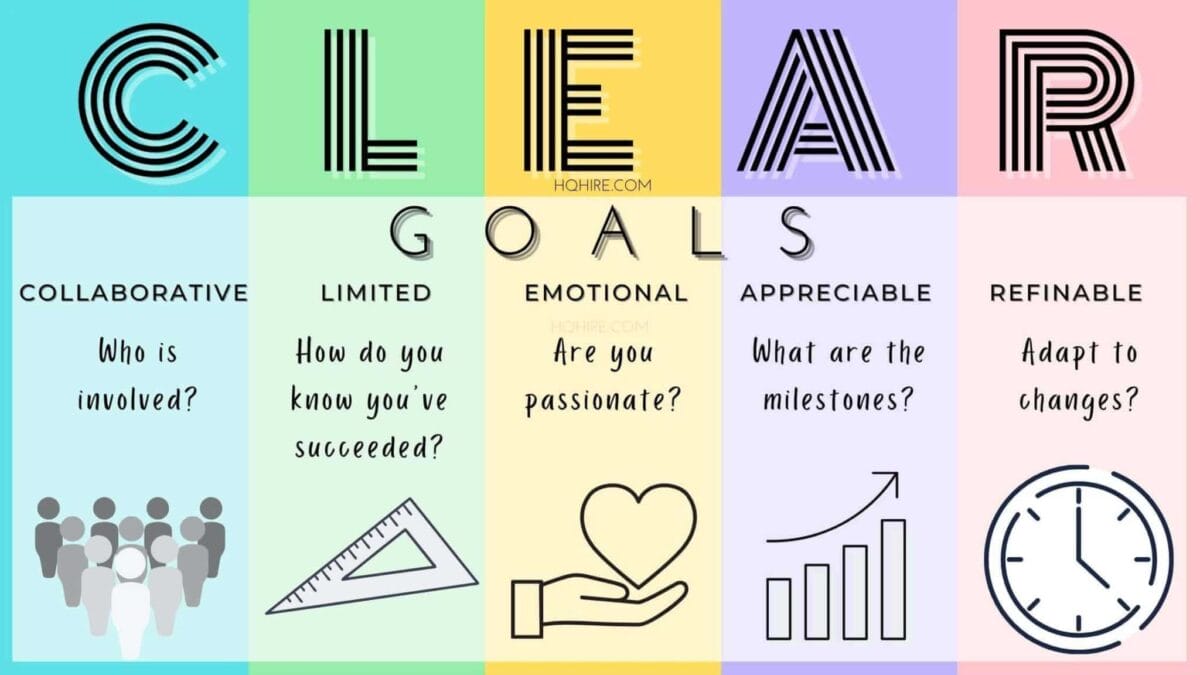Introduction:
Negotiation is a fundamental skill that transcends business boardrooms and finds its way into our everyday lives, especially when it comes to managing finances. Whether you’re navigating a salary discussion, haggling for a better deal, or settling financial disputes, mastering the art of negotiation is a valuable skill that can significantly impact your financial well-being. In this article, we’ll delve into the importance of negotiation skills in everyday finance and explore practical tips to enhance your ability to negotiate effectively.
The Significance of Negotiation Skills in Everyday Finance:
- Salary Negotiations: Negotiating your salary is a critical aspect of managing your personal finances. Strong negotiation skills can help you secure a competitive salary, ensuring that you are fairly compensated for your skills and contributions.

- Expense Reduction: Negotiation skills play a role in managing everyday expenses. Whether you’re negotiating with service providers, landlords, or vendors, the ability to secure favorable terms can lead to cost savings in various aspects of your life.
- Debt Management: Negotiation skills are essential when dealing with debt-related issues. This includes negotiating interest rates, payment plans, or settlements with creditors to manage and alleviate financial burdens.
- Making Informed Purchases: Negotiation is an integral part of making informed purchases. Whether buying a car, a home, or negotiating the terms of a contract, honing your negotiation skills ensures that you get the best value for your money.

- Financial Planning: Negotiating plays a role in financial planning, such as discussing terms with financial advisors, negotiating fees for services, or working out favorable terms for investments.
Practical Tips for Mastering Negotiation Skills in Everyday Finance:
- Do Your Research: Before entering any negotiation, conduct thorough research. Understand the market rates, industry standards, or terms and conditions related to the negotiation at hand. Being well-informed positions you for a more successful negotiation.
- Establish Clear Objectives: Define your objectives and priorities before entering a negotiation. Whether it’s a salary discussion or a purchase negotiation, having clear goals helps you stay focused and articulate your needs effectively.

- Practice Active Listening: Effective negotiation involves active listening. Understand the other party’s perspective, ask clarifying questions, and demonstrate empathy. This not only builds rapport but also helps in finding mutually beneficial solutions.
- Be Patient and Flexible: Negotiations may require time and flexibility. Be patient, and be willing to explore creative solutions that meet both parties’ needs. A flexible approach increases the likelihood of reaching a satisfactory agreement.
- Enhance Communication Skills: Strong communication skills are central to negotiation success. Be articulate, use clear language, and convey your points with confidence. Effective communication fosters a positive negotiation environment.
- Know When to Walk Away: Understanding your bottom line is crucial. Know when to walk away from a negotiation that doesn’t align with your objectives or values. This demonstrates strength and ensures that you don’t settle for terms that are unfavorable.
- Build Relationships: Building positive relationships with the other party is key. A good rapport creates an atmosphere of trust and collaboration, increasing the likelihood of reaching an agreement that satisfies both sides.
- Negotiate in Person when Possible: Whenever possible, opt for face-to-face negotiations. In-person interactions allow for better reading of body language, fostering a more nuanced and effective negotiation process.
- Anticipate Objections and Prepare Responses: Anticipate potential objections and prepare well-thought-out responses. Being prepared for objections demonstrates your readiness and can strengthen your negotiation position.
- Seek Win-Win Solutions: Strive for win-win solutions where both parties benefit. A collaborative approach fosters goodwill and sets the stage for positive future interactions.
Conclusion:
Mastering the art of negotiation is a vital skill that directly impacts your everyday financial decisions. Whether you’re navigating salary discussions, managing expenses, or making significant purchases, effective negotiation skills can lead to more favorable outcomes. By incorporating these practical tips into your negotiation toolkit, you can enhance your ability to navigate financial situations with confidence and achieve results that align with your financial goals. Remember, negotiation is not just about getting the best deal; it’s about building mutually beneficial relationships and creating financial agreements that contribute to your overall well-being.